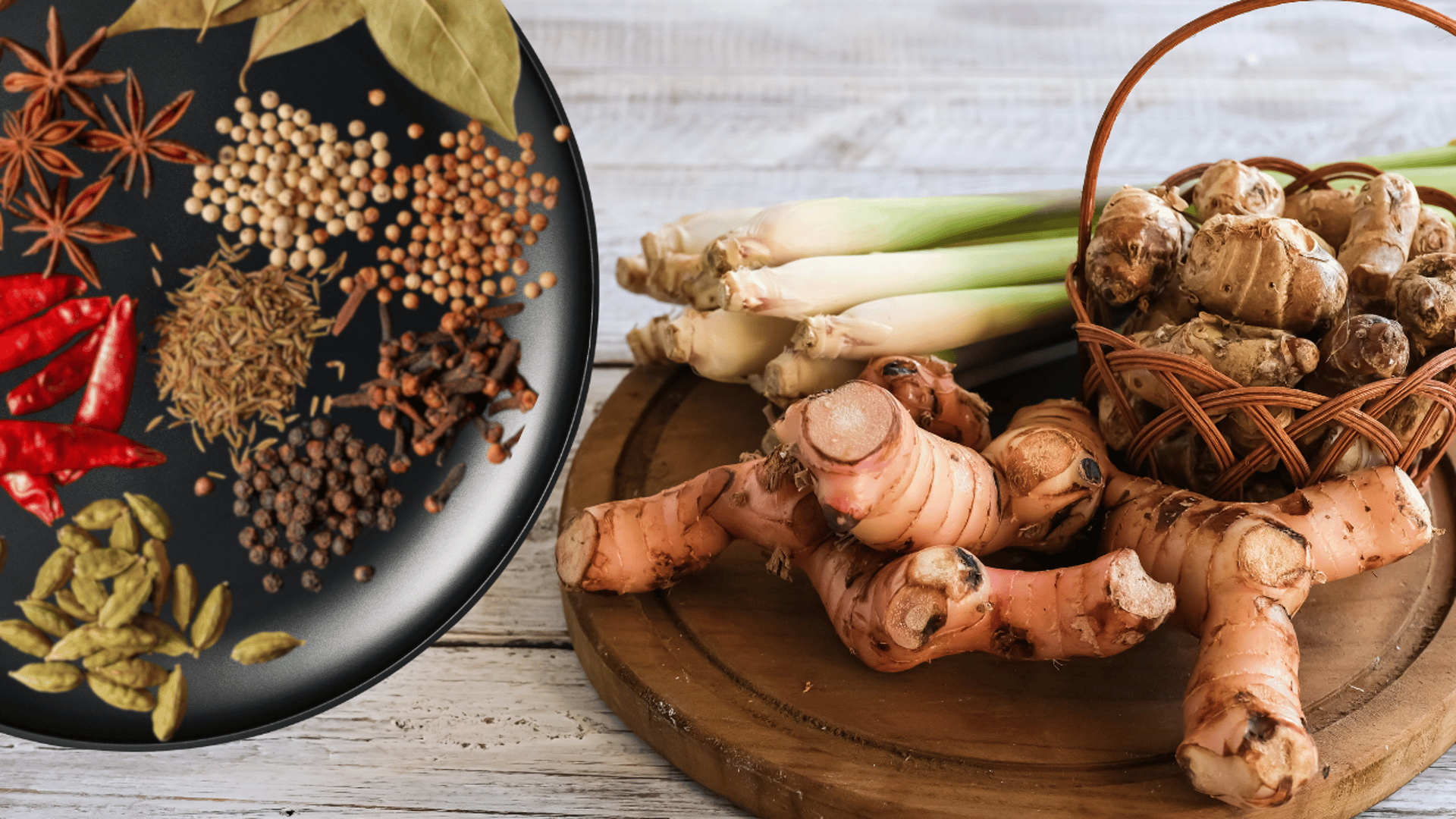
The Secret to Flavorful Cooking: Why Aromatics Matter
When you walk into a kitchen and catch a whiff of onions sizzling in oil or garlic gently browning, you’re experiencing the magic of aromatics. But what exactly are aromatics, and why are they so crucial to building flavor in a dish?
8/19/20252 min read
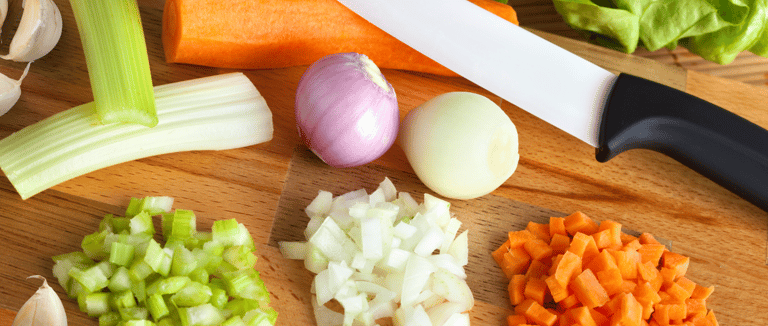

Aromatics form the foundation of many global cuisines. The scent of these ingredients cooking is often the first hint of flavor in a dish. But what are aromatics, and why are they essential for building taste?
What Are Aromatics?
Aromatics are vegetables and herbs that release deep, complex flavors and enticing aromas when cooked. They’re usually the first ingredients to hit the pan, forming the foundation for soups, stews, sauces, stir-fries, and more. Common combinations include the French mirepoix (onion, celery, carrot), the Italian soffritto (onion, celery, carrot, garlic), and the Cajun holy trinity (onion, celery, bell pepper).
How Aromatics Build Flavor
Layering Complexity:
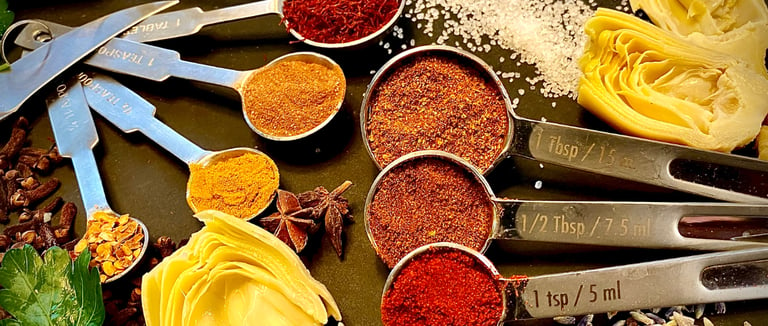

When aromatics are sautéed, their natural sugars caramelize, creating a sweet, savory base. This process, called the Maillard reaction, unlocks flavors that raw vegetables simply can’t provide.
Infusing Oils:
Cooking aromatics in oil or butter allows their flavors to infuse the fat, which then coats every ingredient added afterward. Check out my Spicy Shrimp and Cabbage with Ramen recipe where aromatics were cooked in oil to build flavor. This ensures that the entire dish carries the depth and aroma of the initial ingredients.
Balancing Taste:
Aromatics add more than just flavor—they bring balance. Onions and carrots add sweetness, garlic and ginger add pungency, and celery or leeks add a subtle bitterness. This harmony is what makes a dish taste “complete.”
Enhancing Aroma:
Our sense of taste is closely linked to our sense of smell. Aromatics release volatile compounds that make food smell irresistible, priming our taste buds before we even take a bite.
Why You Shouldn’t Skip Aromatics
It might be tempting to skip the step of sautéing onions or garlic, especially when you’re short on time. But doing so can leave your dish tasting flat or one-dimensional. Aromatics are the unsung heroes that transform simple ingredients into something memorable. They’re the difference between a bland soup and one that’s rich and satisfying.
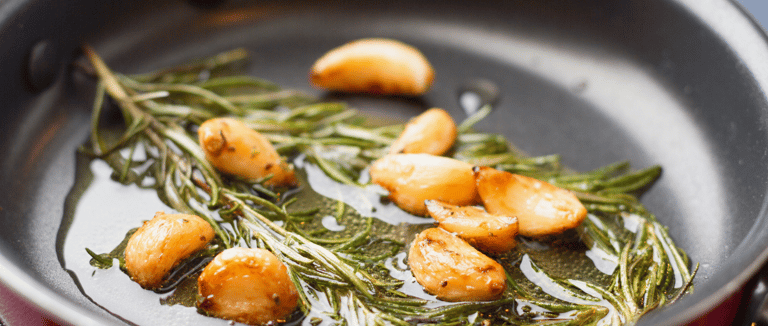

Tips for Using Aromatics
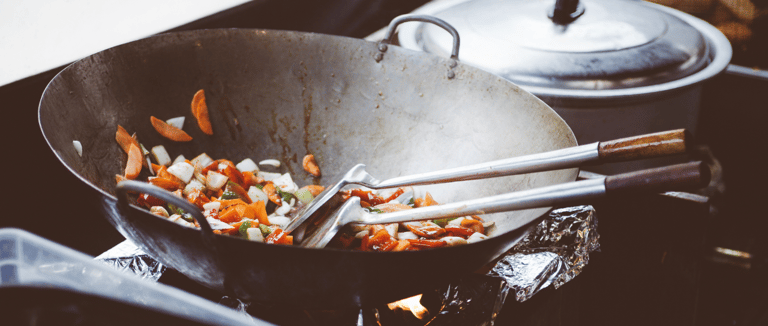

Take Your Time: Let onions and garlic cook slowly over medium heat until they’re soft and golden. Rushing this step can lead to bitterness.
Mix and Match: Don’t be afraid to experiment with different combinations. Try adding ginger to your mirepoix or tossing in fresh herbs at the end for a burst of flavor.
Don’t Burn Them: Burnt aromatics can make a dish taste acrid. If they start to brown too quickly, lower the heat or add a splash of water.
In Conclusion
Aromatics are the foundation of great cooking. They build layers of flavor, balance tastes, and create mouthwatering aromas that draw people to the table. So, next time you cook, give your aromatics the attention they deserve, you’ll taste the difference in every bite. Head to the kitchen. You got this!
Acaiguy Cooks
Explore recipes and tips for home cooking.
© 2026. All rights reserved.
Questions, comments, suggestions? We would like to hear from you!


